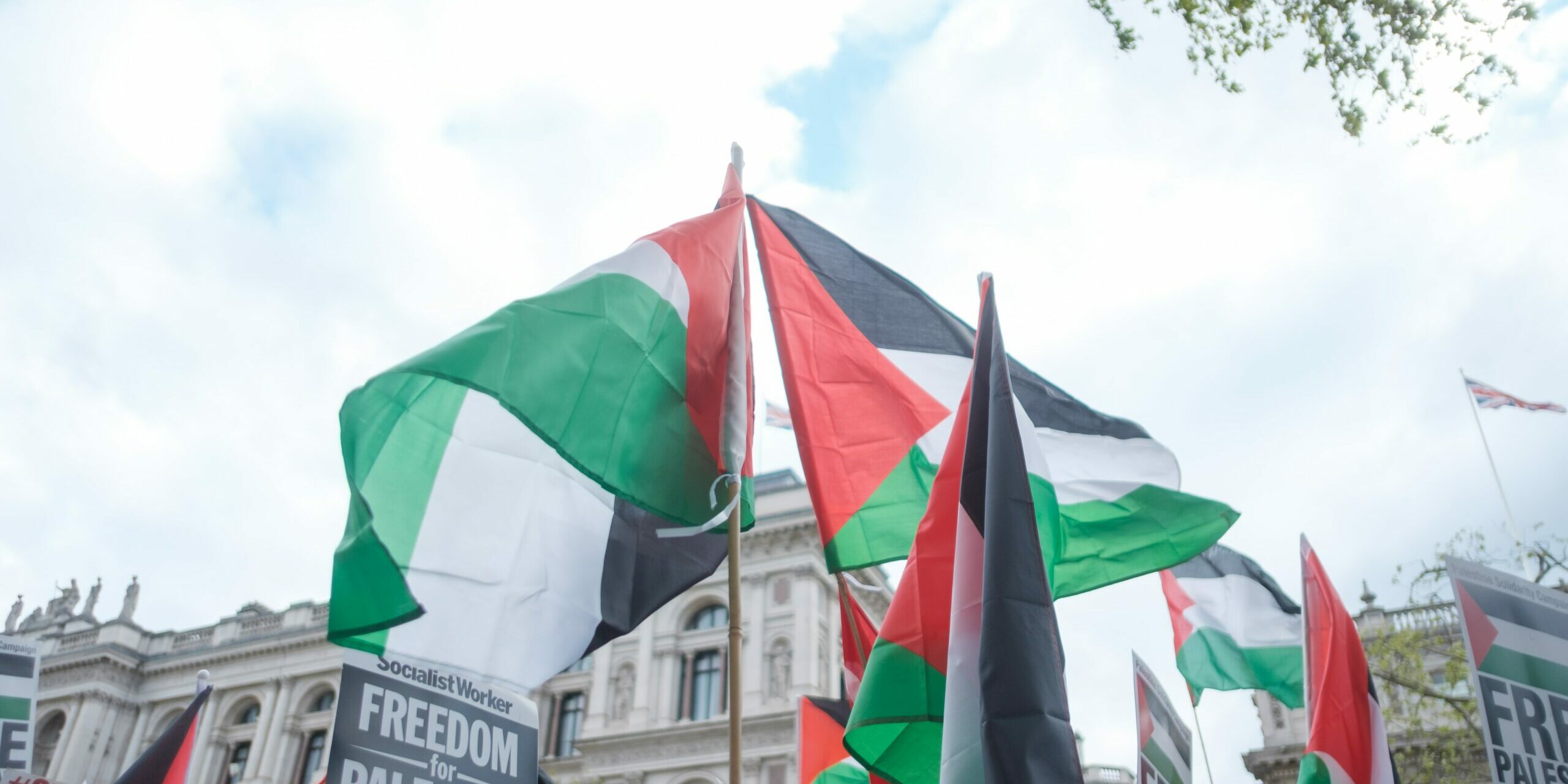Published under the heading ‘The Time isn’t Right for Labor to Recognise Palestine. This Preoccupation is Miscued’, in The Guardian, 24 July 2015, http://www.theguardian.com/commentisfree/2015/jul/24/the-time-isnt-right-for-labor-to-recognise-palestine-this-preoccupation-is-miscued
A true friend of Israel is a friend of Palestine. Everyone participating at the national ALP Conference this weekend believes that. So why not recognise Palestine now?
This idea divides Labor for three main reasons: differing views on the peace process, the practical realities of diplomacy, and context.
Some partisans see Israel as the main problem. This is false. The issues are deeply complex. Labor should be fiercely critical of Mr Netanyahu’s sincerity, recent outbursts, his Coalition, and acquiescence of the outpost settlements established by extremists deep in Palestinian land.
The Palestinians, however, remain incapable of delivering consensus on their position. The ageing Mr Abbas is now in the eleventh year of his first four-year term as President.
The PLO-Hamas coalition government collapsed a month ago. So we are back to two Palestines, the West Bank and Gaza, two governments, two security services, and one Hamas Charter calling for the rejection of a secular state in favour of the “Islamic nature of Palestine” and Israel’s liquidation. Article 7, which has never been rescinded, looks forward to exterminating every last Jew on earth.
So there is the practical question of just what it is that we are to recognise. The mantra for decades is for two states with each accepting and honouring the other’s right to exist within secure borders.
The fact is that especially since the collapse of the PLO-Hamas coalition, a unilateral, no pre-conditions, recognition of a Palestinian state without clear borders and Hamas running one part of the country, would see Labor turning a blind eye to the consequences of its actions: Labor would be supporting Hamas.
What is needed is a negotiated settlement. Resolutions “gifting” recognition are a cruel hoax. Nothing changes on the ground.
Preoccupation with this issue in isolation is miscued as the Middle East is a maelstrom of conflict, terrorism, brutality on an industrial scale, including devastation by the Islamic State of Iraq and the Levant (ISIL), Iran’s genocidal threats and sponsorship of terrorist organisations, human rights abuses by the Assad regime, and resulting civil, refugee and human tragedies in Syria, Iraq, and Lebanon.
Last April many more Palestinian refugees were murdered by ISIL at the Yarmouk camp, on the outskirts of Damascus, than were killed in the Gaza conflict last year.
With all this tragedy, why does a relative peaceful oasis – Israel and Palestine – attract so much attention? Why are there no ALP resolutions on increasing Australian humanitarian aid to the broader region?
The unhealthy obsession with Israel is partly due to genuine revulsion at Netanyahu’s tactics in winning re-election and the fundamentalists in his government shooting their mouths off. Resolution must continue for peace and justice.
But what must be resisted is for the debate to be determined by the politics of western Sydney, where various Muslim activists have agitated local MPs to advance a particular view of the Middle East that is not in Australia’s national interests or that of the region. The Grand Mufti of Australia wrote this week to all Federal and NSW ALP MPs warning that: “Your continuous support towards a Palestinian State is a key factor to each Australian Muslim and their voting preference in the State and Federal elections.”
Religious and ethnic lobbying of this sort is democratic and participation in political debates is to be encouraged. But it would be totally irresponsible for the ALP to ignore the complex difficulties of the Middle East for simplistic nostrums and to recognise “the” Palestinian state. To do so is throw Israel and her supporters under the bus for domestic political reasons.
Postscript (2015)
I was astonished by the 399 responses that quickly shot up on the Guardian website within 24 hours of publication. Ignoring the obvious troll-responses, most were articulate, comparatively lengthy (a paragraph or two) and opposed to what I wrote. There was a whiff of orthodoxy that Israel was clearly in the wrong and anything to the contrary must be mischievous, pro-Israel propaganda. This overwhelmingly hostile response indicated that the anti-Israel perspective is a fiercely held opinion in large tranches of the left, with the emphasis on “fierce”. Until the barrage of hostile comment, I had no idea how hard would be the battle ahead.







